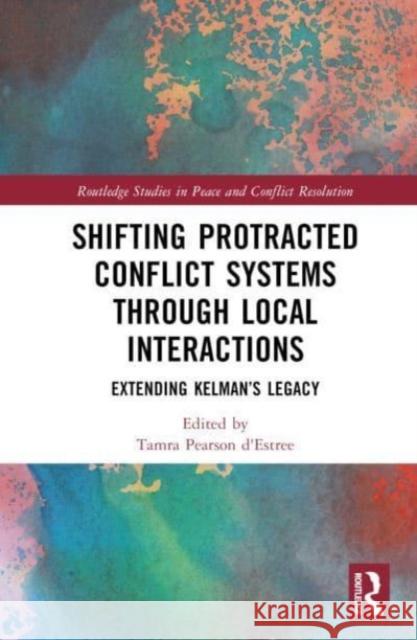Shifting Protracted Conflict Systems Through Local Interactions » książka
topmenu
Shifting Protracted Conflict Systems Through Local Interactions
ISBN-13: 9781032375069 / Twarda / 2023 / 392 str.
Shifting Protracted Conflict Systems Through Local Interactions
ISBN-13: 9781032375069 / Twarda / 2023 / 392 str.
cena 756,05
(netto: 720,05 VAT: 5%)
Najniższa cena z 30 dni: 654,86
(netto: 720,05 VAT: 5%)
Najniższa cena z 30 dni: 654,86
Termin realizacji zamówienia:
ok. 16-18 dni roboczych.
ok. 16-18 dni roboczych.
Darmowa dostawa!
This volume explores the evolution of theoretical and practical approaches to intervening in protracted conflicts, following the work of Herb Kelman.











